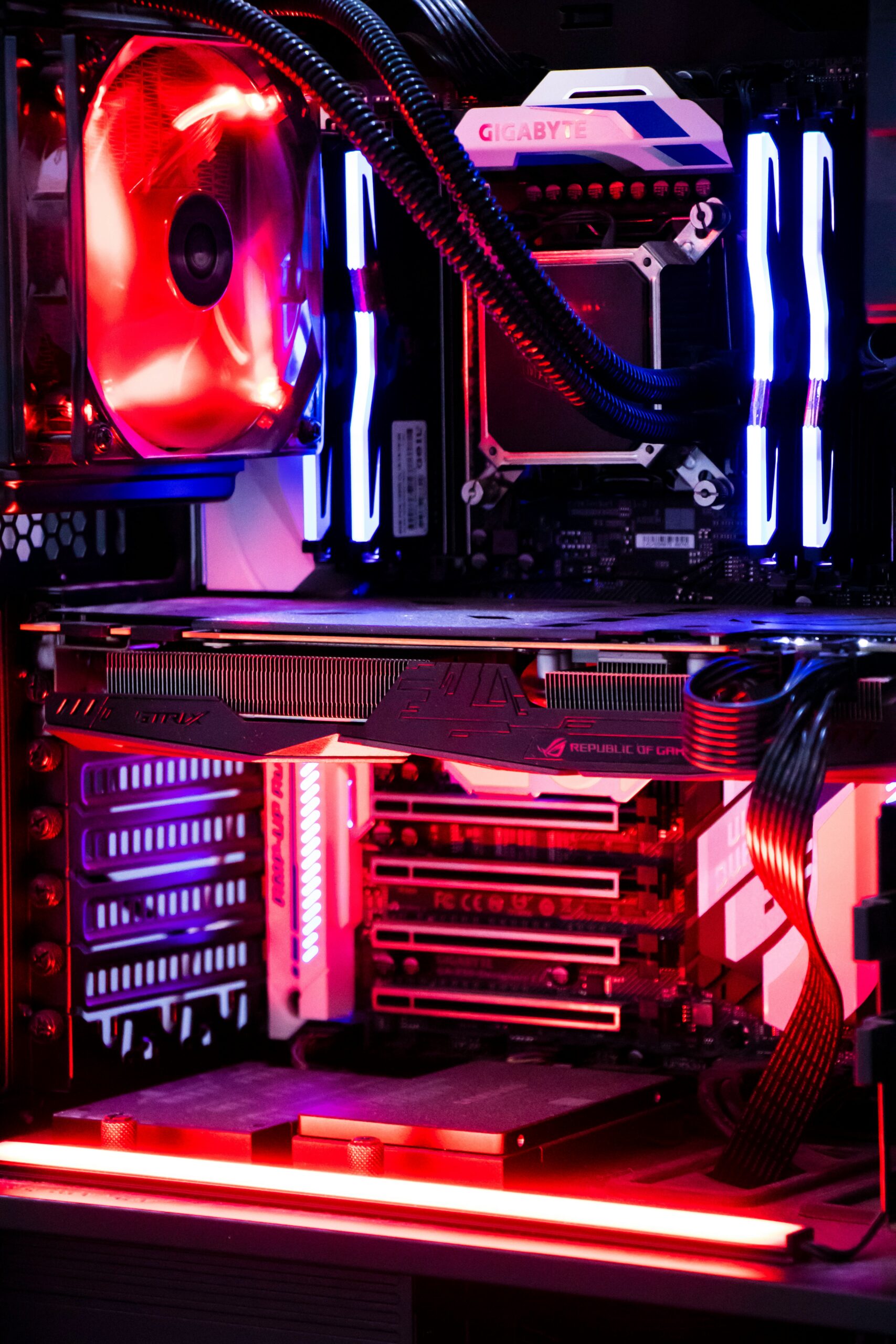
Online gaming is showing no signs of slowing down. Case in point: it is estimated that there are over 3.3 billion active players today. This growing audience is driving unprecedented demand for robust, low-latency server infrastructure.
Selecting the right virtual Linux distro is crucial for delivering seamless multiplayer experiences. This guide explores the best Linux distro for gaming servers in 2025 and how our low-latency infrastructure can elevate your gaming platform.

Why Choose Linux for Gaming Servers?
Linux-based server OSs offer several advantages for gaming servers:
- Performance Efficiency: Minimal overhead ensures maximum resource allocation to game processes.
- Customizability: Tailor the OS to specific gaming requirements.
- Security: Robust security features protect against threats.
- Cost-Effectiveness: Open-source nature reduces licensing costs.
These benefits make Linux an ideal choice for hosting dedicated game servers in data centers.
What Are the Best Linux Distros for Gaming?
1. Debian
Renowned for its stability and security, Debian is a preferred choice for gaming servers requiring consistent performance.
- Pros: Long-term support, extensive package repositories.
- Use Case: Ideal for MMORPGs and strategy games demanding high uptime.
2. Ubuntu Server
With regular updates and a vast support community, Ubuntu Server is suitable for various gaming applications.
- Pros: Ease of deployment, compatibility with gaming software.
- Use Case: Perfect for indie game developers and mid-sized gaming platforms.
3. Red Hat Enterprise Linux (RHEL)
While RHEL is rarely used for the game servers themselves, it plays an important role in backend infrastructure for gaming companies—supporting CI/CD pipelines, APIs, or services that require enterprise compliance.
- Pros: Advanced security modules, professional support.
- Use Case: Suitable for supporting infrastructure behind AAA studios or regulated platforms—not typically used to run game server binaries directly.
4. Proxmox VE
Proxmox VE is not a traditional gaming OS, but a virtualization management platform built on Debian. It allows you to run and manage multiple virtual machines or containers, each of which can host different game servers—ideal for hosting providers or teams managing multiple game environments.
- Pros: Integrated web interface, support for both VMs and containers.
- Use Case: Suitable for hosting multiple game instances with varying requirements.
5. AlmaLinux and Rocky Linux
AlmaLinux and Rocky Linux are 1:1 binary-compatible with RHEL and serve as community-driven alternatives following the CentOS transition. They’re valued for their long-term stability and are increasingly used in enterprise-grade hosting environments where licensing costs are a concern.
- Pros: Stability, community-driven support.
- Use Case: Good fit for infrastructure roles in game hosting setups or startups replacing CentOS in their stacks.
Looking to migrate without overlap costs?
Migration shouldn’t drain your budget. With HorizonIQ’s 2 Months Free, you can move workloads, skip the overlap bills, and gain extra time to switch providers without double paying.
Get 2 Months FreeEnhancing Gaming Performance with HorizonIQ
Selecting the best Linux distro for gaming is only part of the equation. Our infrastructure amplifies your gaming server’s capabilities by providing:
- Low-Latency Connectivity: Global data centers ensure minimal lag for players worldwide.
- Scalability: Easily adjust resources to match player demand.
- Security: Advanced measures protect against DDoS attacks and data breaches.
- 24/7 Support: Expert assistance keeps your servers running smoothly.
Whether you’re hosting dedicated game servers, scaling your gaming platform, or deploying real-time voice chat, our gaming infrastructure solutions ensure your players have a seamless experience.
Final Takeaway
For optimal multiplayer gaming experiences, combining a robust Linux distro with our advanced infrastructure is key. Whether you’re a game developer or a hosting provider, this synergy ensures performance, reliability, and scalability.
Ready to elevate your gaming servers? See how HorizonIQ can give you a boost.


